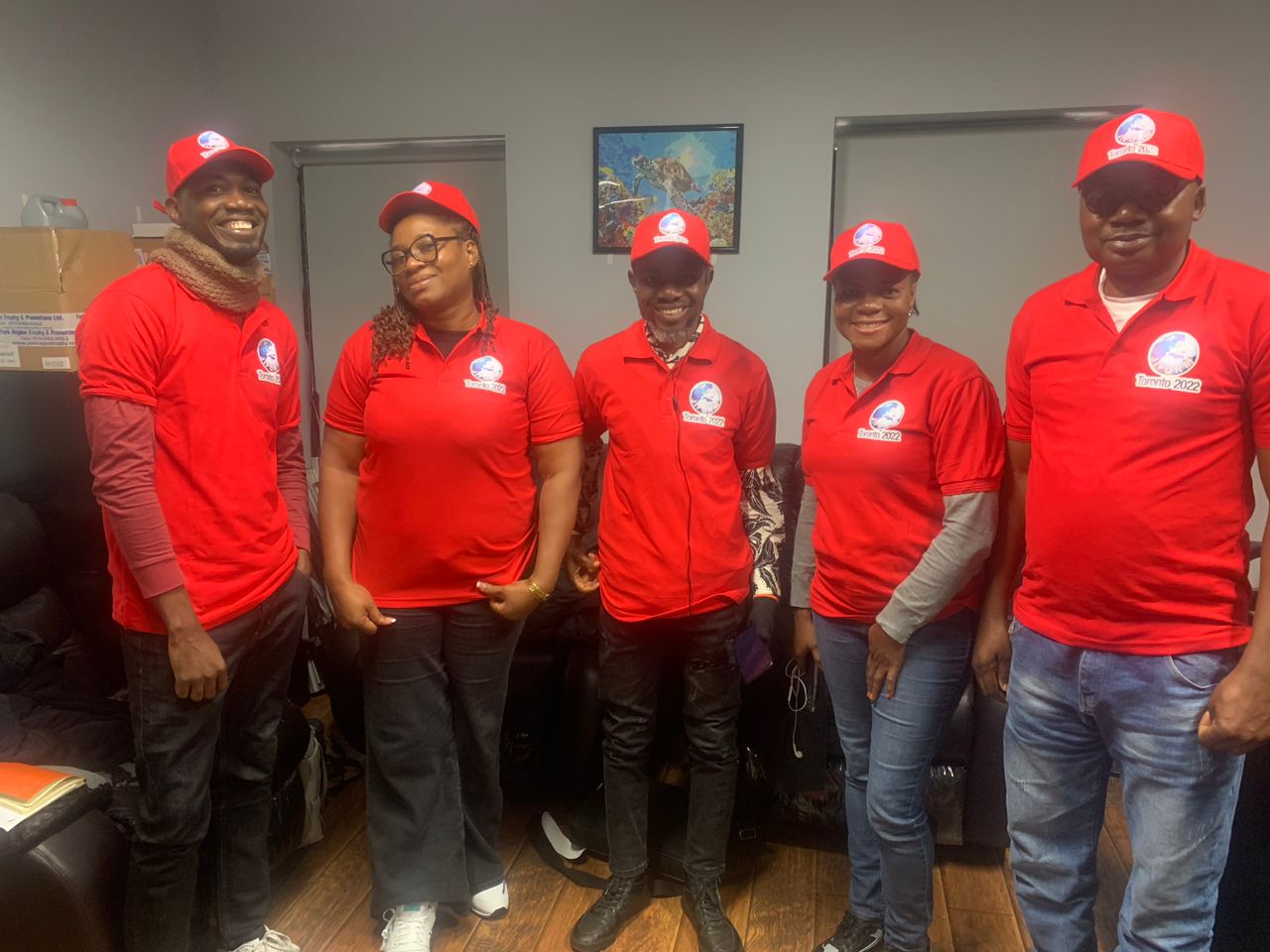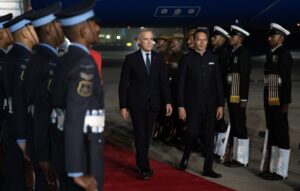
The 4th Journalists International Forum For Migration-JIFORM Global Migration Summit in Toronto on Tuesday called for affirmative actions to tackle effects of climate change and more support for migrants.
The hybrid annual conference hosted by Abedorc Productions Inc, Canada with Yinka Farinde as the CEO had submissions from various speakers and participants that addressed Climate Change: Human Mobility and Sustainable Investment as themes.
In his opening remark, Dr Ajibola Abayomi, the President of the JIFORM posited that “Journalists and the entire media must be sensitive toward the amplification of the World Bank report that alarmed climate change could drive 216 million people to migrate within their own countries by 2030. while more than 200 million would also face similar faith by 2050.
The report highlighted that “in 2050, 86 million people are to be affected in Sub-Saharan Africa,19 million from North Africa, 49 million from South Asia, 17 million in Latin America and 49 million within East Asia and Pacific”.
Ajibola revealed that the10% nations in the Global North were responsible for 49% of the total lifestyle consumption emissions while the poorest 50% nations in the Global South accounted for just 10% and wanted actions taken to forestall damages to the countries in the Global South.
Delivering a keynote address, the former Secretary of State and ex-Minister of Immigration, Citizenship and Refugees said nations policies on migration should be tailored towards management of diversity of migrants with better planning and implementation to promote integration and assimilation as being done in Canada to the benefits of all.
He called for tolerance from the governments of all nations by having more migrant oriented plans that would encourage safe, orderly and regular migration across all borders.
Urging the media use her strategic toll to change the migration narrative while delivering a presentation on Media Roles In Changing The Narrative On Migration: Best Practices, Social Inclusion, And Concerns, Nermin A. Ahmad, the Convener Subcommittee On Xenophobia And Social Inclusion of the NGO on migration representing Civil Society at the United Nations, demanded for better actions plans for climate migrants.
“If we do not prepare for this new and very different type of migrant while absorbing others. We will indeed face a bleak future. There’s time to act. That time is now. If we do not prepare for this new and very different type of migrant while absorbing others. We will indeed face a bleak future. There’s time to act. That time is now.”
This is a new form of climate injustice. climate change. Migrants are an interesting group. because there’s no status. They don’t appear in any definitions. Migrants represent close to 4%. Of our world population. If this were to be put into a single country, it would be the fourth most populous country after the United States, India, and China, and come just before Indonesia” Nermin said.
According to her “women represent 42% or 70 million of the legal migrants. The number you see here is for officially recorded remittance. That’s Us dollars, 719 billion dollars and represents important investments in the home country’s or origin country’s national education, health and infrastructure. Collectively, this is larger than the foreign direct investment and official development assistance received by low- and middle-income countries in any year.
Mr Gerhard Bayer, Managing Director Of CSRSPACE, LLC, US while speaking on Impact Investment: A Mitigation Strategy in The Face of Climate Change called for positive impacts on both investment and development plans in Africa and other parts of the world.
He said Africa should devise a means to make the continent more resilient by ensuring that huge parts of her resources are kept within her nations for economic growth to tackle climate change and other economic problems.
Philomena Gnanapragasam, Director of The Asia Pacific Institute for Broadcasting Development (AIBD), Malaysia represented by Mr Nabeel Tiimazi, a senior AIBD official, was concerned about the consequence of inadequate narrative from the media on migration matters.
He called for more training for the media practitioners and deliberate attention to report migrant related issues accurately with passion.
Participants at the summit were from Ghana, Gambia, Nigeria, Europe, Canada, America, Asia and other countries.







